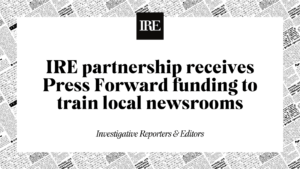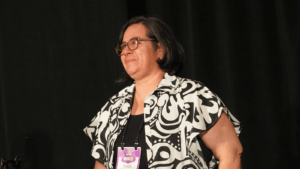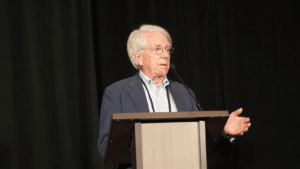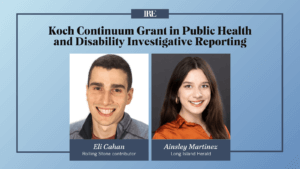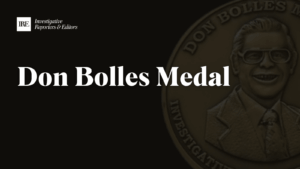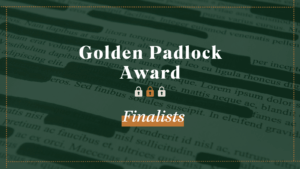Posts by IRE Admin
IRE partnership receives Press Forward funding to train local newsrooms
Investigative Reporters and Editors will be working with Internet Archive and Poynter Institute on a program to archive and preserve local news, thanks to funding from Press Forward, a national initiative to reimagine local news.
Read MoreIRE ortorgó a Rocío Gallegos la Medalla Don Bolles 2025
Rocío Gallegos es directora editorial y co-fundadora del portal de noticias de investigación La Verdad que ella ayudó a formar en 2018 con el fin de combatir la censura y el control de información del gobierno de México dirigidos a medios locales de noticias.
Read MoreRead Jim Steele’s IRE25 keynote address
Legendary journalist Jim Steele delivered the keynote address at the IRE25 Awards Luncheon in New Orleans, celebrating the organization’s 50th anniversary. This is a complete, unredacted version of his speech.
Read MoreCBS’ Scott Pelley to emcee IRE’s 50th Anniversary Gala
Scott Pelley, the longtime and highly regarded correspondent for CBS’ 60 Minutes, will serve as master of ceremonies for IRE’s 50th Anniversary Gala. The gala, the first such fundraiser in IRE history, will take place Sep. 15 in New York.
Read MoreSign up for an IRE Committee or Task Force today!
Want to get more involved with IRE? Sign up to join a Committee or Task Force! Let us know you’re interested by July 25.
Read MoreTwo journalists selected for IRE Koch Continuum Grant
IRE’s Koch Continuum Grant supports investigative journalists pursuing public health and disability reporting. Here are the 2025 recipients.
Read MoreIRE members elect six to Board of Directors
IRE members elected six journalists to the Board of Directors, and two journalists to the Contest Committee in the 2025 election.
Read More2025 Don Bolles Medal awarded to Rocío Gallegos
IRE has awarded the Don Bolles Medal for 2025 to Rocío Gallegos, editorial director and co-founder of La Verdad, an investigative news outlet she helped form in 2018 to fight the censorship and control of information that the Mexican government exerted over local news organizations.
Read MoreU.S. Department of Government Efficiency wins 2025 Golden Padlock Award
Elon Musk and the Department of Government Efficiency (DOGE) earned the 2025 Golden Padlock Award from Investigative Reporters and Editors.
Read MoreFive finalists selected for 2025 Golden Padlock Award
Investigative Reporters and Editors has named its finalists for the 2025 Golden Padlock Award, recognizing the most secretive public agency or official in the U.S. This year’s competition highlights a competitive field of government agencies and public officials who have distinguished themselves in the art of secrecy.
Read More
